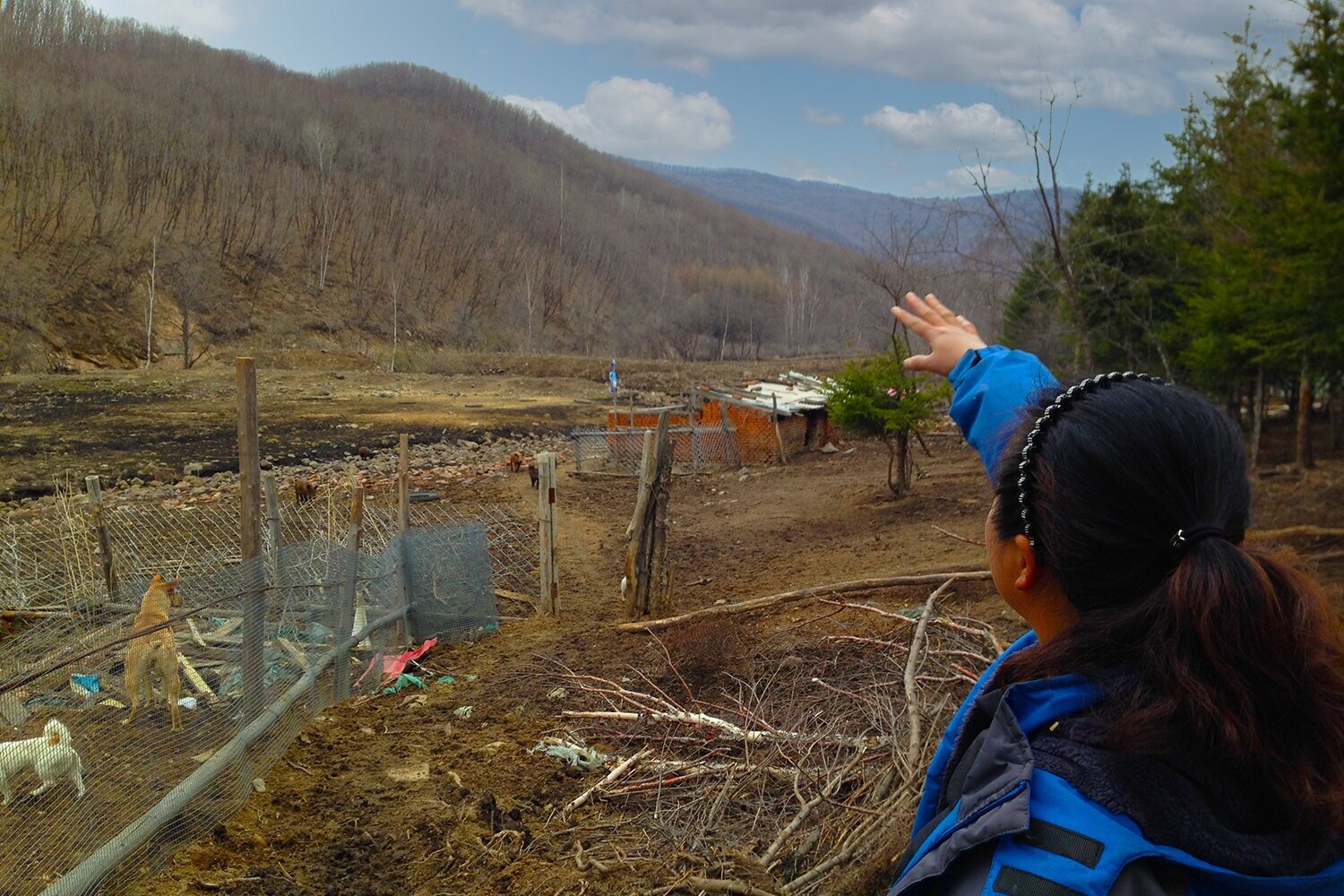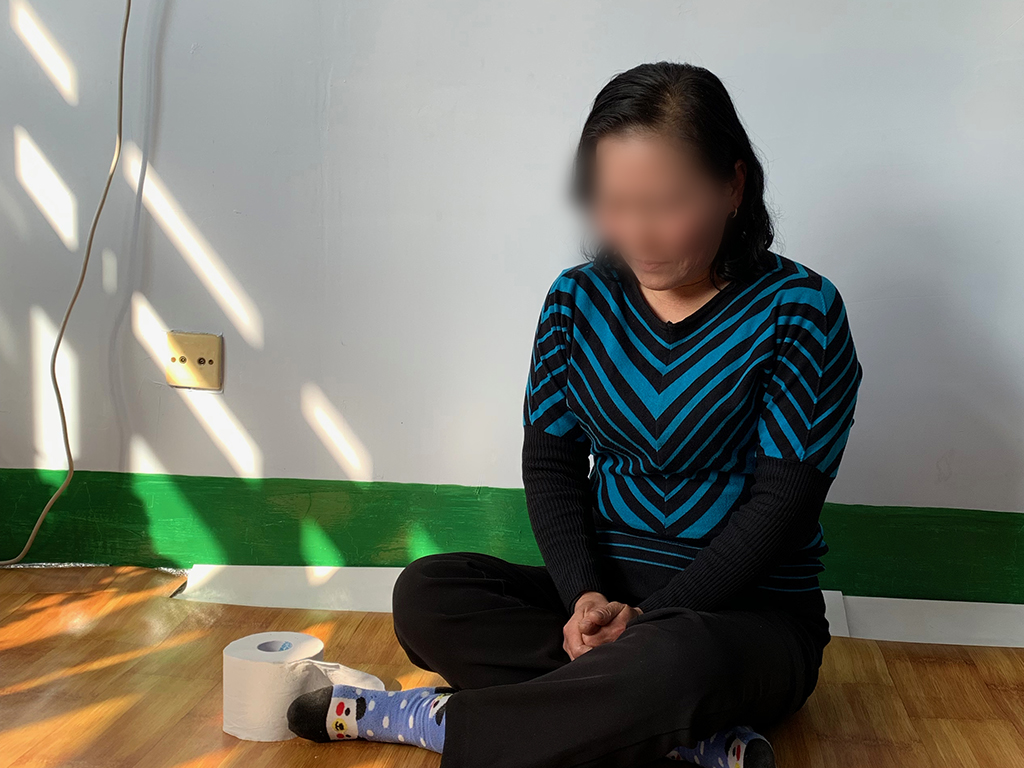For the first time in her life, 56-year-old “Bonnie” received a full physical exam. It was performed by a gynecologist in China. Here she recounts the story of how this opportunity came about through our field pastor:
Eighteen years have passed since I came to China. For a long time, I couldn’t find joy in this unfamiliar land. It was a place where parents, brothers, and children were abandoned, and my language did not work here. When I thought of my hometown, I would go to the fields and cry by myself. I really missed my hometown.
Years ago when I first heard about this pastor who cared for North Korean defectors in my village, I was scared to meet him because I feared he would betray us and have us sent back to North Korea. I could not understand why he helped North Korean defectors. But over time, I started attending his gatherings and through these meetings, I became a child of God.
This past summer, this pastor told us that we had the opportunity to go to the big city hospital to receive a full physical exam. I knew how expensive these visits could be so it was hard to believe someone would provide us with these medical services at no cost to us. Even through my doubts, the pastor encouraged us to come. I told the pastor I would go. I thought to myself that even though I wouldn’t be able to get the exam, it would still be a great achievement to see the streets of the big city for the first time.
When we arrived, there were so many things to see and I was overwhelmed by the city sights. I went to the hospital with a group of other North Korean women from my village, still not believing the checkup would happen. But I had come in faith to receive God’s grace that day so I made up my mind to stay and wait my turn.
The gynecologist who saw me was a Christian and the aunt of someone the pastor knew. She was actually the chief gynecologist at this big hospital, which is how she was able to see us without proper documents. During the exam, I had a lot of questions. Even though I asked about a particular issue 10 times, the doctor patiently explained things to me until I fully understood.
We often saw the pastor God sent to us working so faithfully and diligently. However, since he was a pastor and a servant for God, I didn’t think it was a big deal. After coming home, I looked back on my day and thought through everything that took place. Feeling how much God’s grace I received that day, I also looked back on my life and saw God’s grace in my past..
I give thanks to our pastor who works to help us know more about God and his grace. Only God would give us such happiness and grace. Thank God. Thank you to whoever it is that supports us. I pray that you will be greatly blessed. Amen.

























